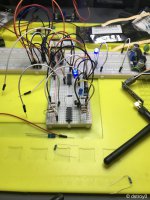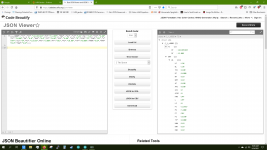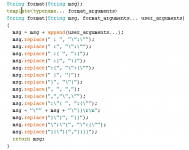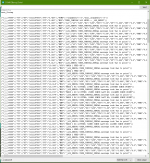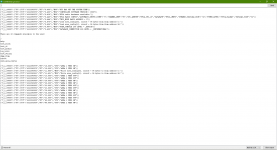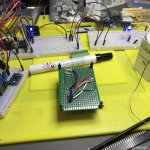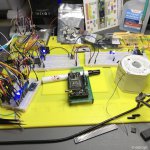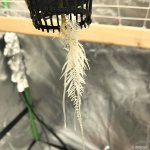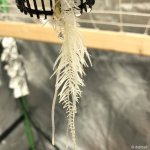dstroy0
Zeroes and Ones
Glad you got her figured. Funny, how they can grow like rampant weeds ,,, and then full stop.
,,, the asshole in me almost suggested
" have you tried turning on a light ?" ?
,,, cause indeed- they looked like they were just sitting there.
My brand of humour is slightly offensive in person, and often translates worse as written word.
Impetuous cads, thinking they could pull one over on Destroy.
I freely admit that I do not a have a complete understanding of all the chemistry involved,,,
,,, so I will start with what I DO know.
I have very hard tapwater.
No urea involved, although this product somehow " busts up " the liquid rock, and makes it drinkable for the plants.
View attachment 63750
Like I say, I dont understand the exact action, but consider,,,
If you were accidentally use this product with your RO supply,,,could you level the playing field ( reset ) with the addition of some hard water ?
At any rate, you deserve a fine harvest. Keep up the good work.
I read a bit about urea and calcium ammonium nitrate and when it's a good idea to use higher percentages of ammonium and whatnot. It's a good idea to have some in hydroponic nutrient solution because it acts as a buffer. Too much is bad.
How important is the ammonium/nitrate ratio
The ammonium/nitrate ratio in hydroponic nutrient solutions can be used to the growers advantage but it has limitations. Knowing the pro's and con's is important.
